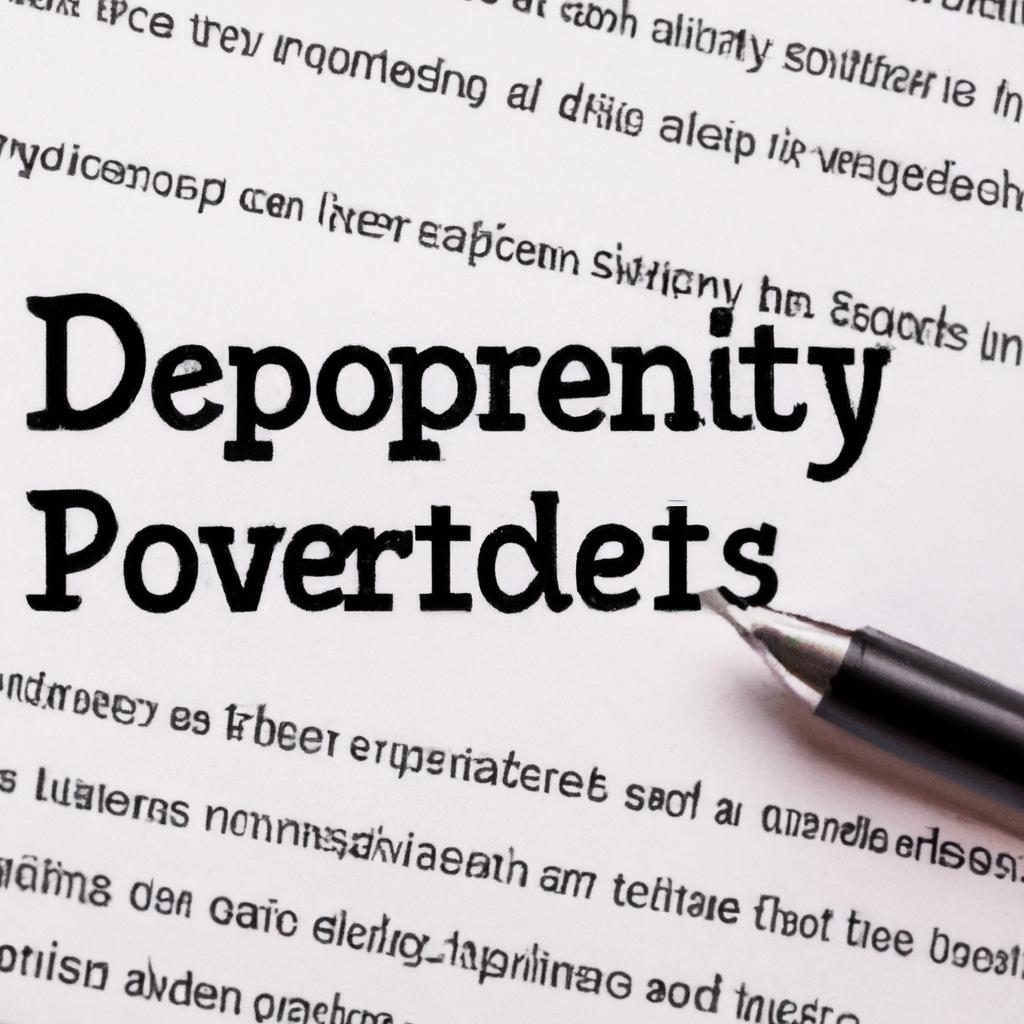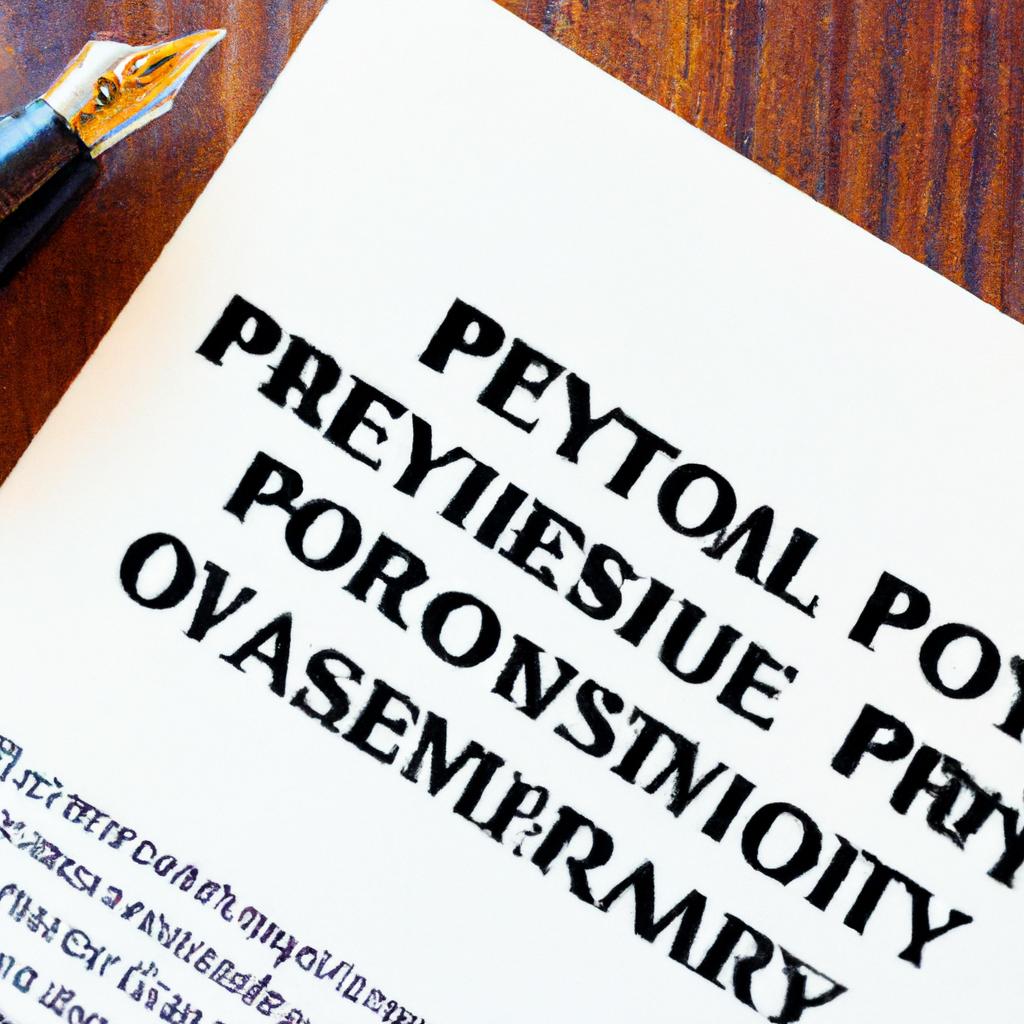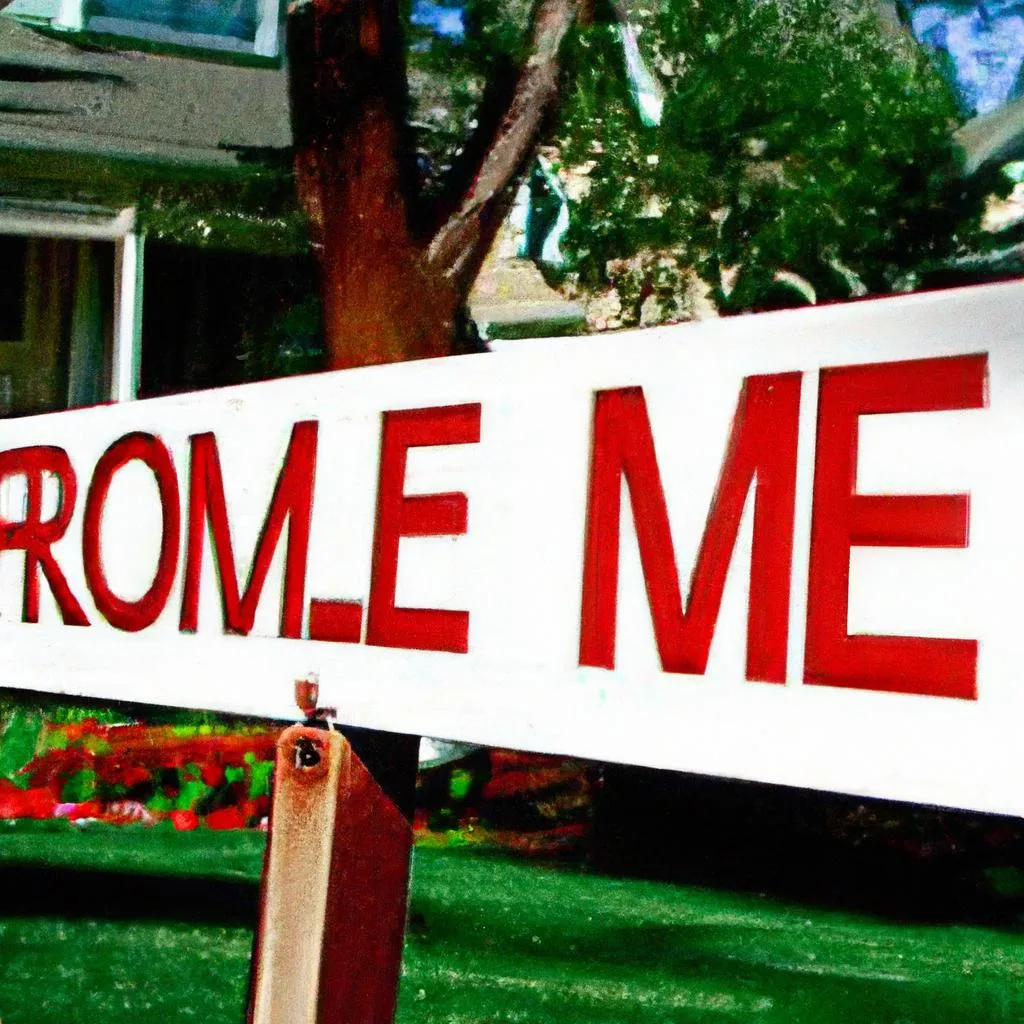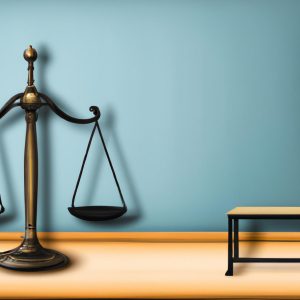As an experienced legal professional at Morgan Legal Group in New York City, I often field questions about property ownership and the intricacies of real estate law. One common query that arises is the question of whether owning a house is contingent solely on having one’s name on the deeds. In this article, we will explore the complexities of property ownership, examining the nuances that determine true ownership of a home. Through a detailed examination of legal principles and precedents, we will shed light on the critical factors that ultimately determine the rightful owner of a property.

Understanding Property Ownership: Importance of Having Your Name on the Deeds
When it comes to property ownership, having your name on the deeds is crucial for establishing legal ownership of a property. If your name is not on the deeds, it can lead to potential issues in the future, such as disputes over ownership or difficulties in transferring or selling the property. Ensuring that your name is on the deeds protects your investment and protects your rights as a property owner.
Having your name on the deeds also protects you against any claims or disputes that may arise. In addition, it allows you to fully enjoy the benefits of property ownership, such as the right to use, sell, or transfer the property as you see fit. By taking the necessary steps to have your name on the deeds, you are safeguarding your property rights and ensuring that your interests are protected for the long term.

Legal Implications of Having Your Name on the Deeds: Rights and Responsibilities
When your name is on the deeds of a property, it signifies legal ownership. However, ownership comes with both rights and responsibilities that must be understood and upheld. As a property owner, you have the following rights:
-
- Right to Possess: You have the right to live in or use the property as you see fit, within the confines of the law.
-
- Right to Sell or Transfer: You have the right to sell the property, transfer ownership, or gift it to someone else.
On the flip side, as a property owner, you also have certain responsibilities:
-
- Responsibility to Pay Taxes: You are responsible for paying property taxes on the property, which can vary depending on its location and value.
-
- Responsibility for Upkeep: You must maintain the property in good condition, including making necessary repairs and following any zoning or homeowner association guidelines.

Protecting Your Property Ownership: Steps to Ensure Your Name Stays on the Deeds
Regarding property ownership, having your name on the deeds is crucial. It signifies that you have legal rights and responsibilities towards the property in question. However, simply having your name on the deeds is insufficient to ensure you retain ownership. There are several steps you can take to protect your property ownership and ensure that your name stays on the deeds.
One important step is to regularly review and update your deeds to reflect any changes in ownership or distribution of assets. This can help prevent any disputes or confusion in the future. Additionally, consider creating a trust to hold your property, which can provide added protection and flexibility in how your property is managed and distributed. Lastly, make sure to keep important documents, such as deeds and titles, in a safe and secure location to prevent loss or tampering.

Navigating Property Ownership Issues: Seeking Legal Guidance and Expertise from Morgan Legal Group
When it comes to property ownership, having your name on the deeds can give you certain legal rights and responsibilities. However, it is important to understand that simply having your name on the deeds does not always mean you own the property outright. There are various factors to consider, including how the property is titled, any co-owners involved, and relevant state laws.
At Morgan Legal Group, our team of experienced attorneys specializes in navigating complex property ownership issues. We can provide legal guidance and expertise to help you understand your rights and obligations as a property owner. Whether you are facing conflicts with co-owners, are looking to transfer ownership or need assistance with estate planning, our knowledgeable attorneys are here to assist you every step of the way. Contact us today to schedule a consultation and protect your property interests.
Q&A
Q: Do you own a house if your name is on the deeds?
A: The short answer is yes. Having your name on the deeds of a property typically indicates that you have legal ownership of the house. However, there are also certain factors and circumstances that may affect your ownership rights.
The Conclusion
In conclusion, house ownership goes beyond having your name on the deeds. It involves legal rights, financial responsibilities, and a sense of belonging. So, next time you wonder if you truly own a house if your name is on the deeds, remember that ownership is more than just a piece of paper—it’s a feeling of pride, security, and home.





